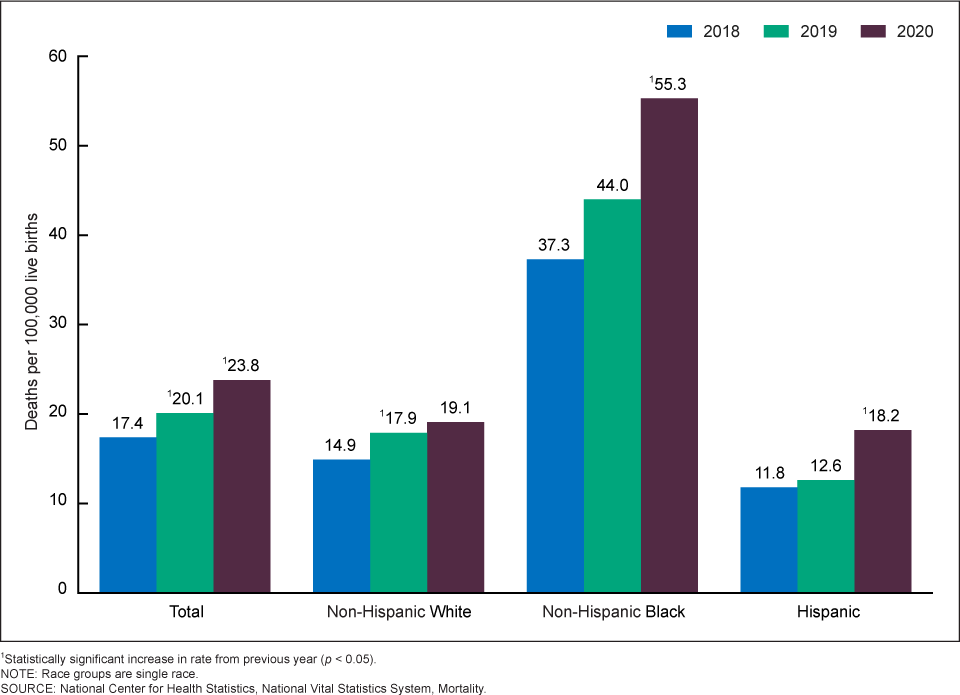[ad_1]

Harrison David Rivers
“Weathering,” a perform that premiered previous drop, usually takes on a community wellbeing crisis. The tale centers on the grief that females have soon after having a stillbirth, how they cope with it and why. But it also addresses the connection involving pervasive racism in well being care and the relating to maternal and toddler mortality prices in Black ladies that are much better than those people in their white counterparts.
Harrison David Rivers, the playwright, claimed he was motivated to write a enjoy that tackled the troubling tendencies after reading an posting about the pregnancy and childbirth ordeals of a young Black woman that was published by journalist and writer Linda Villarosa. The perform was commissioned by Penumbra Theatre, a phase corporation centered in an African American community in St. Paul, Minn. that was August Wilson’s home theater for numerous a long time.
When I listened to about it from an NPR story, I desired to know what experienced compelled the playwright to compose it, and what he believed about media coverage of the topic. In interviews, Rivers and Vinecia Coleman, the actor who plays the feminine guide in the engage in, manufactured observations and remarks that raised concerns about how we report on well being disparities and fairness: How do we inquire our resources to share traumatic encounters? How do we decide on the sources we interview? How do we maintain our class and cultural prejudices in check out?
Even though he was knowledgeable of the strategies discrimination affects the excellent of overall health, the 2018 post in The New York Moments “concretized it in a this sort of a way that it felt a little bit like a sledgehammer that you know it’s coming,” stated Rivers, who has also penned performs about how his HIV prognosis has affected his marriage with his spouse and family.
Black Individuals are ‘not a monolith’
The play’s title — “Weathering”— refers to the phrase utilised in general public health and fitness to make clear that discrimination may perhaps have an effect on overall health. It was initial made use of by Arline T. Geronimus, Sc.D., a researcher at the University of Michigan who was carrying out analysis on fertility and being pregnant.

Rivers’ story revolves all-around a lady who has a short while ago experienced a miscarriage and is striving to maintain herself gathered close to women of all ages who have checked in on her, including her mother and her sister. Some of the dialogue was knowledgeable by the experiences of a close mate of Rivers who had a stillbirth, and the experiences of actors who participated in the workshop. It also incorporates some of the facts that Villarosa shared in her report.
As he designed it, Rivers mentioned he was “thinking about my local community in St. Paul. I was imagining about the community that Penumbra Theatre sits in. And I was contemplating about middle-course Black girls. I was thinking about faculty-educated Black girls.”
But Rivers mentioned he also wished to get to individuals of other races and ethnicities since “we are in the same social class as you. We have the degrees that you have. We have the work that you have. And this is happening. And that is terrifying. It’s terrifying — and it’s improper.”
Recalling Villarosa’s journal posting, Rivers stated it stayed with him due to the fact the tale “zoomed in on actual people” and drop mild on a widespread trouble.

Vinecia Coleman
A playwright who lives in Minneapolis, Coleman stated reading through Villarosa’s article as she prepared for taking part in the lead character reminded her of sensation that “my voice a whole lot of moments is not read in the professional medical group, that I am not believed or disregarded, or my ache isn’t taken very seriously.”
When novelists, playwrights and journalists generate stories about the everyday living ordeals of Black people today, Coleman instructed they need to feel about how they represent them in their do the job. Rivers gets it correct in “Weathering,” she stated because the people are men and women who “happen to be Black.”
“I consider Black stories are common because we are human,” Coleman mentioned. “But we are not a monolith. We have different activities and backgrounds — and we are Black, or we are men and women of colour.”
[ad_2]
Supply url











